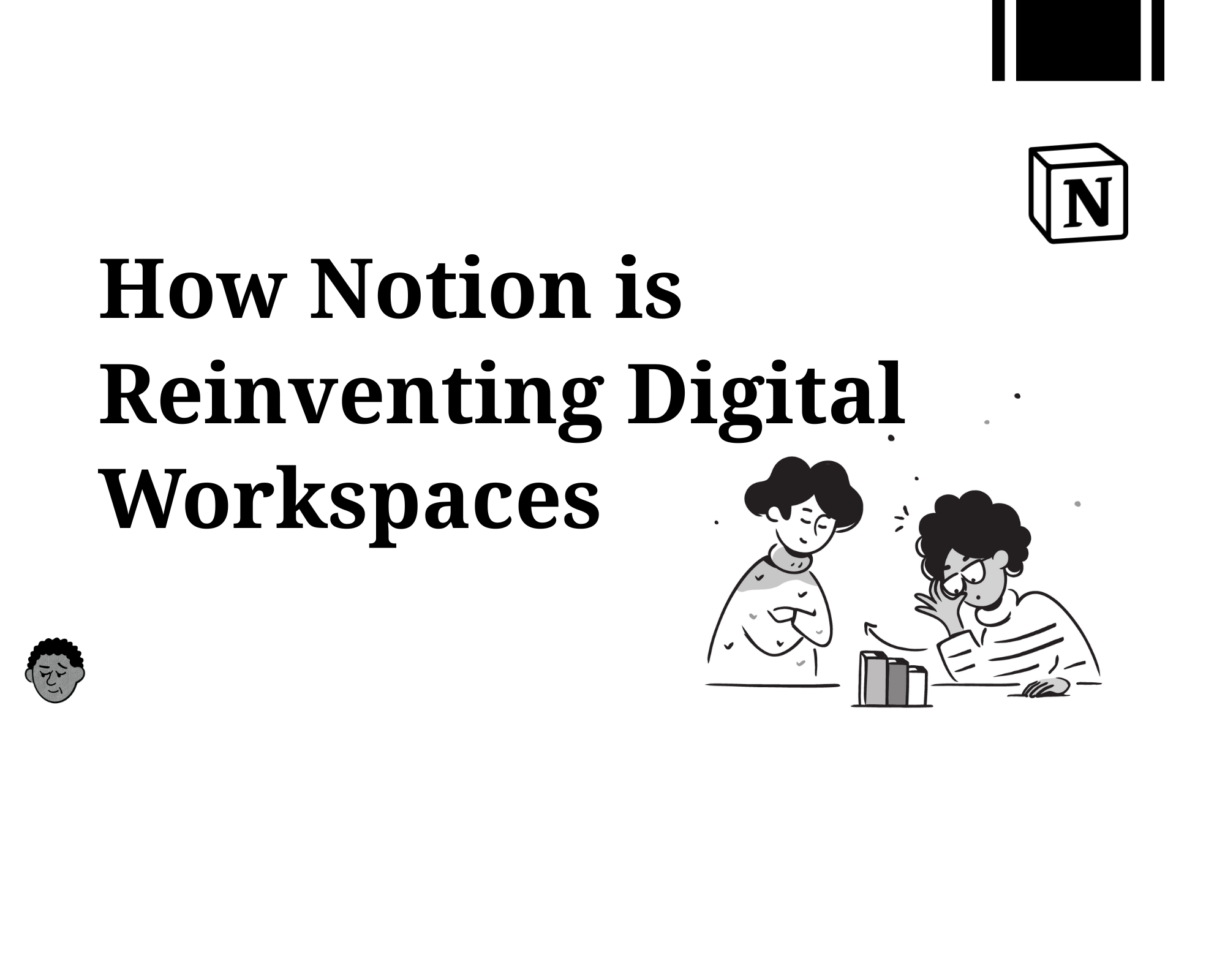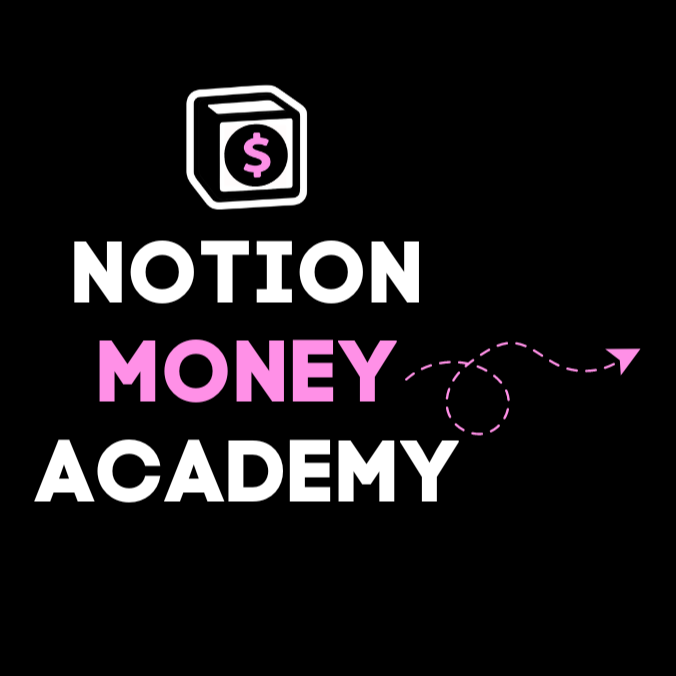Your cart is currently empty!

How Notion is Reinventing Digital Workspaces

Ever thought of Notion as just another to-do list app? Think again! I’ve been watching this platform evolve from simple notes and tasks into something that powers entire businesses, websites, and creative workflows. Let me break down what makes Notion special in today’s crowded digital workspace market.
Notion: Your Digital Swiss Army Knife
Remember when we all had separate apps for notes, tasks, wikis, and project planning? Those days are fading fast! Notion has transformed into an all-in-one powerhouse that combines knowledge management, publishing, automation, and collaboration in one flexible platform.
What started as a simple productivity tool now powers everything from company handbooks to public websites. The secret? Those building blocks (blocks, databases, templates) that let you create almost anything you can imagine. I’ve seen teams ditch 5-6 different tools after discovering how Notion’s flexibility can replace them all!

More Than Just Notes: Knowledge Hubs & Team Wikis
One of Notion’s killer features is how it transforms scattered information into organized knowledge bases. Think of it as your own private Wikipedia that adapts to exactly what your team needs.
I was blown away when I first discovered you could turn any set of pages into a searchable database with custom properties like “Owner” or “Last Reviewed.” This simple capability changes everything about how teams manage information. No more hunting through folders or asking “where’s that document?”
The verified pages feature is another game-changer especially for teams working with compliance documentation or rapidly changing policies. Being able to mark content as expert-approved with automatic expiration dates? That’s the kind of thoughtful feature that separates Notion from basic note-taking apps.

From Private Notes to Public Websites
Here’s where things get really interesting! Notion isn’t just for internal use anymore. The Notion API has unlocked a whole new world of possibilities:
Developers are fetching database entries to build custom websites with React or Next.js, effectively turning Notion into a headless CMS. I’ve seen stunning portfolio sites and company blogs powered entirely by Notion databases behind the scenes.
Services like Rowy now let non-developers spin up a complete CMS in minutes. You manage content in Notion (which you already know how to use), while the front end handles all the technical stuff automatically. No more wrestling with WordPress or complicated CMS platforms!
The template marketplace now includes “Website Starter Kits” where you can duplicate a page and publish a landing page, documentation site, or portfolio with minimal setup. It’s content publishing for the rest of us!
Automating Your Workflow
Notion’s power multiplies when you connect it to other tools. The official API lets you link your workspace to Slack, GitHub, or custom scripts automating tedious tasks and keeping everything in sync.
Community integrations through platforms like Zapier enable complex workflows that would’ve required a developer in the past. Imagine automatically emailing weekly task digests or updating project roadmaps from form responses all without writing a line of code.
The addition of AI features has pushed Notion into assistant territory too. I’ve used Notion AI to summarize long documents, generate action items from meeting notes, and even draft content saving hours each week.

The Future: Mail and Unified Workspaces
Notion’s upcoming Mail app aims to bring your inbox into the same flexible canvas as your docs and databases. Early previews show personalized layouts, AI-assisted drafting, and the ability to link emails to related pages finally unifying correspondence with project context.
When combined with native Forms and expanded templates, Notion is positioning itself as the single platform where knowledge, content, and communication live together tailored like Lego blocks for any workflow you can imagine.

The Bottom Line
Notion’s journey from “productivity app” to “digital home for work” shows the power of flexibility and openness. You start with simple notes or tasks and can organically grow into wikis, websites, design systems, and AI-powered workflows all under one roof.
Whether you’re managing personal projects, running a small business, or coordinating with global teams, Notion provides the canvas on which your digital workspace can grow and evolve. The days of jumping between dozens of specialized apps might finally be behind us!
FAQs
What makes Notion a “digital home for work”?
How does Notion integrate with other tools like Slack or GitHub?
The platform’s official API allows workspace integration with tools like Slack, GitHub, and custom scripts, enabling automation and seamless syncing.
What new capabilities does Notion AI bring to digital workspaces?
Notion AI enhances workflows by offering writing assistance, document summarization, ideation, translation, and task-prioritizing features



